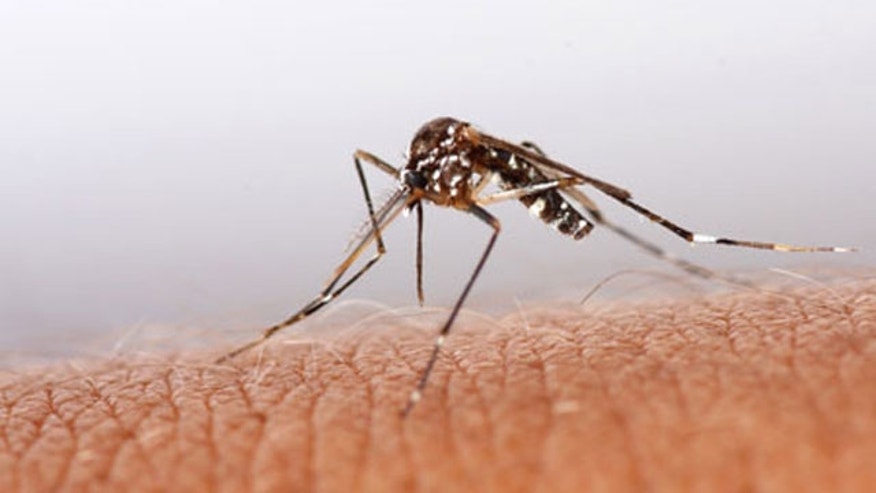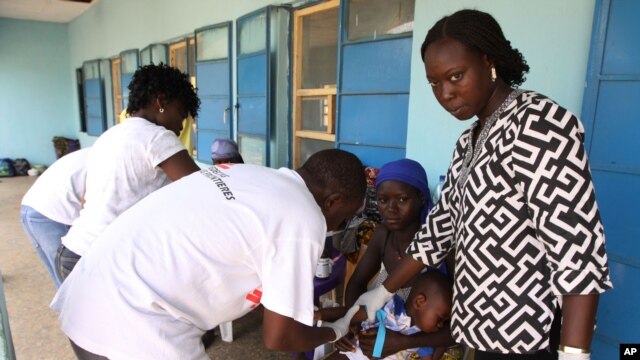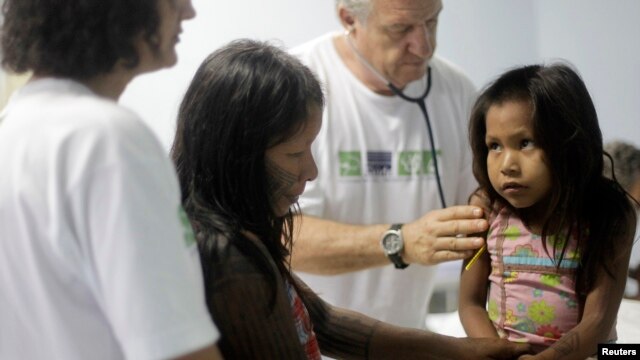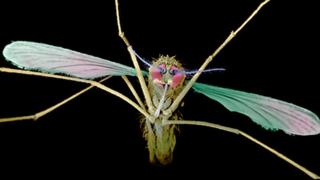
If this is true, it's big news. This comes from the article:
While there have been significant reductions in the numbers of people falling ill and dying from malaria, it still kills around 600,000 a year - most of them children in the poorest parts of sub-Saharan Africa.
What the article – and many others – ignore is that malaria is an insect-borne disease and has a simple way to stop its spread – the use of DDT! It's the best known insect killer in the world.
Read more about the drug @ New drug compound may beat malaria with single 1 dose Fox News



